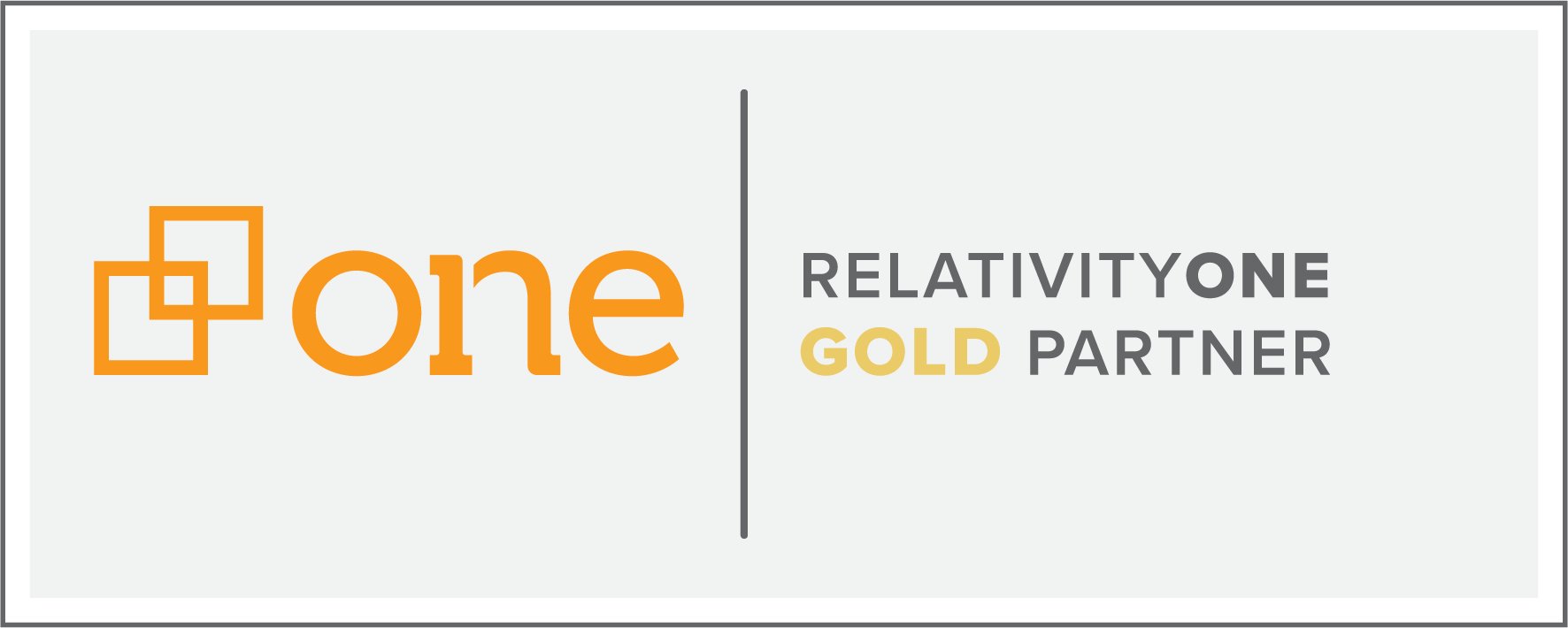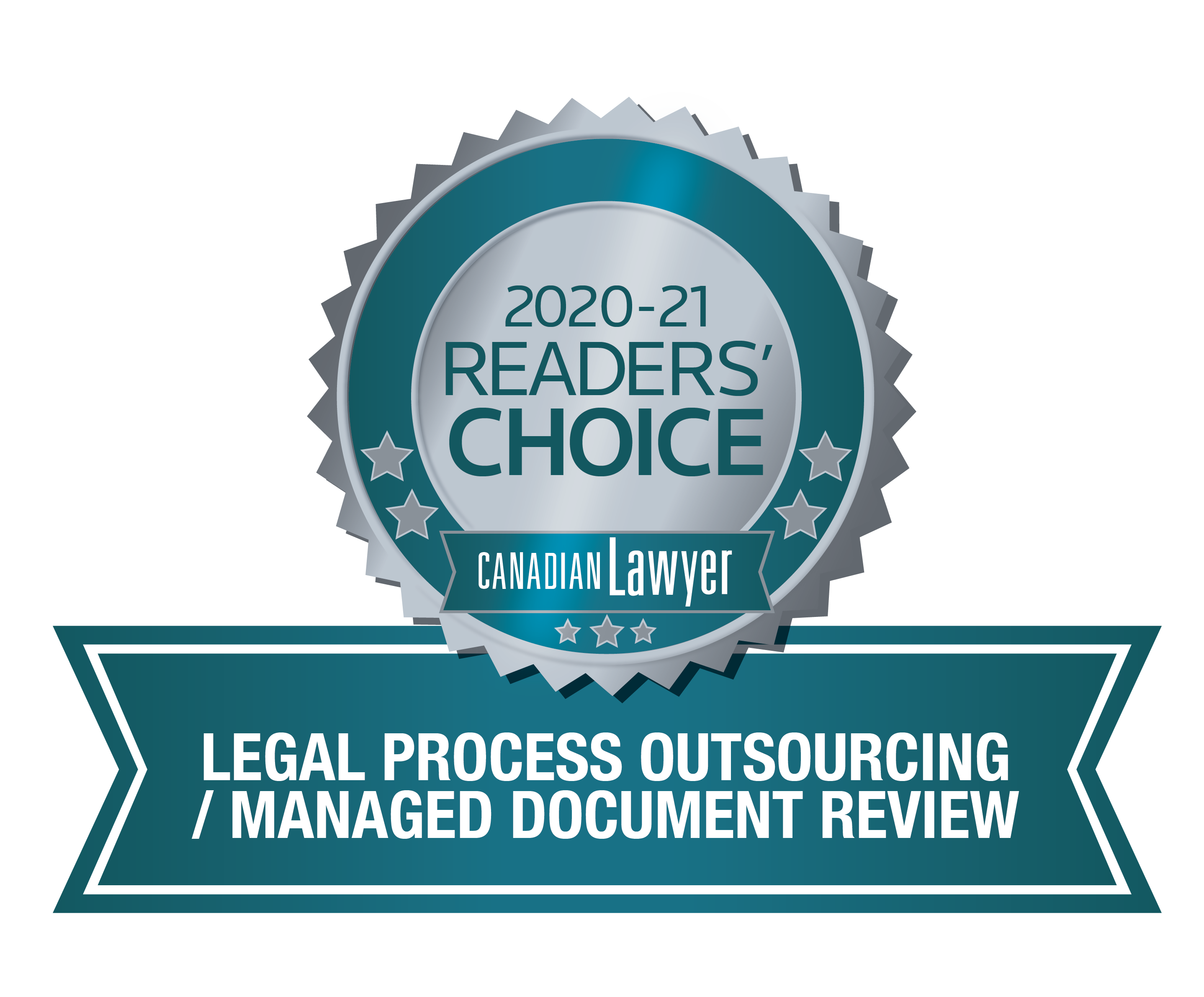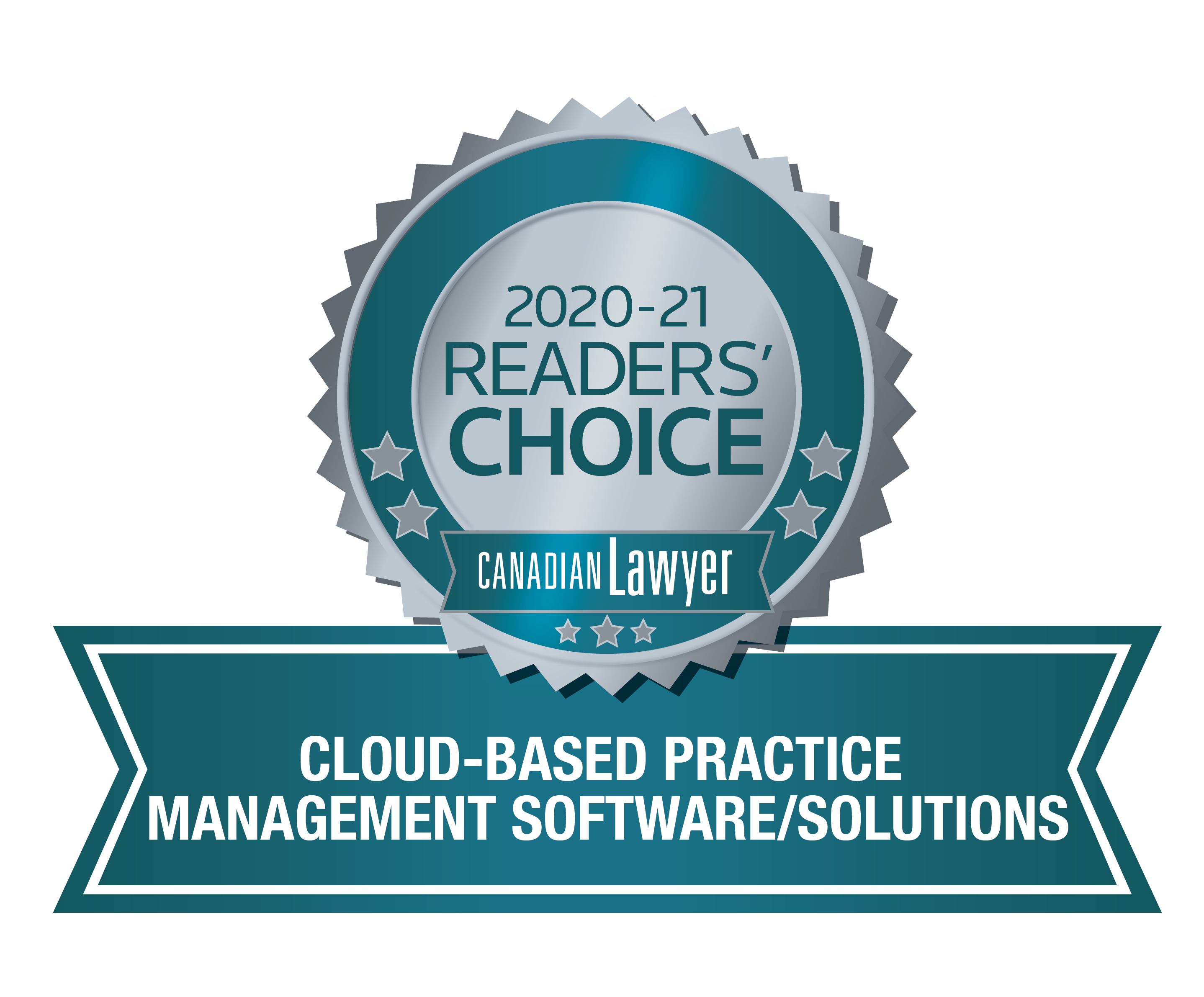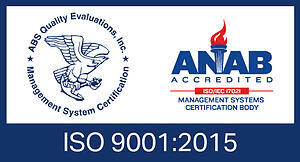
Let me preface this by saying I am not a general technology expert. I went to law school, not MIT. I don’t know how to code, program, design an app or build a website. I contact my IT guy with near-religious regularity.
That said, as a Review Manager at Ricoh eDiscovery, I continually see the benefits of leveraging the latest legal technology to better serve clients. Our document reviews now almost exclusively utilize Relativity Active Learning, which harnesses artificial intelligence (AI) and advanced analytics to streamline the review process.
Unfortunately, adoption of AI-based legal tools has been slow overall in legal circles, as my colleague Sean Lynch recently wrote in Canadian Lawyer. In a 2019 Bloomberg study, 54 per cent of respondents had not used AI or machine-learning programs, and another 25 per cent weren’t sure if they had or not. Fear, the time required to learn new tools, and aversion to risk have all been cited as barriers to lawyers adopting legal technology.
However, it is becoming more difficult for lawyers to hide from legal tech behind their fax machines. In the US, several states have enshrined requirements in their professional codes that lawyers be competent in technology. In October 2019, the Federation of Law Societies of Canada (FLSC) added new commentary to the rule requiring competence in its Model Code of Professional Conduct:
[4A] To maintain the required level of competence, a lawyer should develop an understanding of, and ability to use, technology relevant to the nature and area of the lawyer’s practice and responsibilities. A lawyer should understand the benefits and risks associated with relevant technology, recognizing the lawyer’s duty to protect confidential information set out in section 3.3.
[4B] The required level of technological competence will depend on whether the use or understanding of technology is necessary to the nature and area of the lawyer’s practice and responsibilities and whether the relevant technology is reasonably available to the lawyer. In determining whether technology is reasonably available, consideration should be given to factors including:
(a) The lawyer’s or law firm’s practice areas;
(b) The geographic locations of the lawyer’s or firm’s practice; and
(c) The requirements of clients.
In November 2019, the Law Society of Ontario’s Technology Task Force released its latest Update Report. The Task Force considered the FLSC’s amendments, and noted that Ontario’s current competency rule, Rule 3.1-1(k), requires that a “competent lawyer” be capable of “otherwise adapting to changing professional requirements, standards, techniques, and practices.” The Task Force found this language may be broad enough to accommodate changing standards in the use of legal technology. However, it added that “Canadian law societies will continue to consider whether adoption of a standalone duty of ‘technological competence’ is appropriate.” Change may be afoot.
One could argue that regardless of whether a specific obligation is spelled out for Ontario lawyers, the onus still exists. To best serve our clients, we must always be looking for more efficient, accurate, and cost-effective ways of delivering legal services. This requires willingness: to keep abreast of advances in legal technology; to learn new ways of doing things; and to turn to the experts when we’re over our heads.
At Ricoh eDiscovery, we can help you enter the 2020s. Our team is brimming with expertise in Relativity. Over 20 of us have earned Relativity certifications. I’m a Relativity Certified User; two of our Case Managers have passed all certification levels and are now Relativity Masters (there are only three in total in Canada!). By partnering with Ricoh eDiscovery, you are leveraging the full expertise of a team who can guide you through Active Learning, detailing each step of the process, and ensuring you understand the final results. We want you to feel confident in AI-assisted review, so that you can explain its principles and benefits to your clients, colleagues, and the courts. Trust me when I tell you, you don’t need to be the expert; you just need to know where to find them.
The future is of legal technology is here. Resolve to get on board. Ricoh eDiscovery is here to help.








